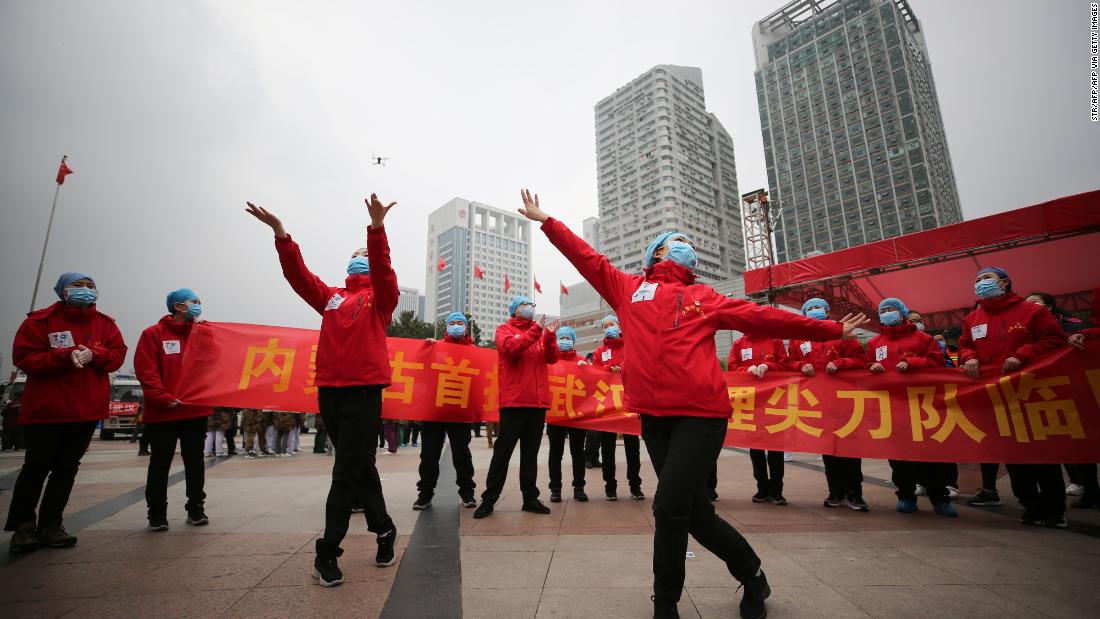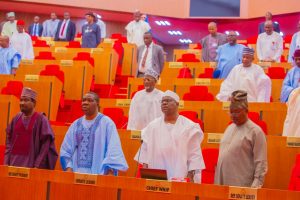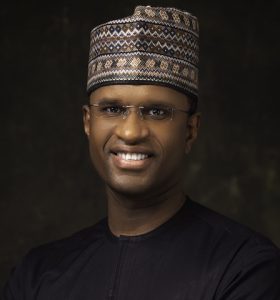China wants to take a victory lap over its handling of the coronavirus

Speaking Friday, Wang Zhonglin, party chief of Wuhan, the virus-hit capital of Hubei province, said that people in the city — much of which remains on lockdown — were not appreciative enough. It is necessary, Wang reportedly said, “to carry out gratitude education among the citizens of the whole city, so that they thank (President Xi Jinping), thank the Chinese Communist Party, heed the party, walk with the party, and create strong positive energy.”His comments attracted widespread criticism online, and have since been mostly scrubbed by the censors, though some state media reports including the quote remain accessible. Yet while Wang appears to have gone too far in the eyes of many — creating a public relations headache the propaganda apparatus had to clean up — the sentiment he was expressing is nevertheless widely shared.As the coronavirus spreads around the world, China has been increasingly vocal about what it appears to feel is a lack of appreciation from the global community for its efforts to contain the outbreak, and preventing the crisis from being even worse than it may turn out to be. The first cases of the virus were reported in Wuhan late last year, and since then China has borne the brunt of the outbreak, with almost three quarters of the more than 110,000 or so confirmed global cases in mainland China. More than 3,000 people have died due to the virus in China, with the majority in Hubei province. Hundreds of millions of people have also been placed under lockdown, while others have been unable to return to work due to travel restrictions. Those containment efforts do appear to have been successful, with the number of new cases slowing to a trickle in recent weeks, as new outbreaks continued to emerge worldwide. Underlining how much a corner has been turned in China, Xi himself arrived in Wuhan Tuesday for an inspection tour, his first since the outbreak began. While other senior officials have visited the city previously, it was thought that it was too risky for Xi to go himself until now, emphasizing how confident the government is that the outbreak is under control.’A responsible country’State media and top officials have begun pushing back hard on external criticism of Beijing’s handling of the virus, both the seemingly flippant — like Fox News host Jesse Watters demanding China apologize for the virus itself — to the more substantial, such as widespread concerns over the government’s apparent mishandling of the virus when it emerged in Wuhan.”In its efforts to fight off the epidemic, China has conducted itself as a responsible country,” Chinese Foreign Ministry spokesman Zhao Lijian said last week in response to the Watters video. “China’s signature strength, efficiency and speed in this fight has been widely acclaimed. To protect the health and safety of people across the world, the Chinese people have made huge sacrifice and major contributions.”Zhao pointed to the 2009 swine flu pandemic, which “broke out in the US” (the first cases were actually in Mexico) before spreading to hundreds of other countries, killing hundreds of thousands of people. “I don’t remember anyone asking the US to apologize,” he said. State broadcaster CGTN also linked coronavirus to the US swine flu outbreak, while Global Times, a state-backed tabloid, accused US Secretary of State Mike Pompeo of attempting to “pass the buck” to China by criticizing Beijing’s handling of the virus. “As the chief US diplomat, Pompeo insisted on speaking of the ‘Wuhan virus’ despite the opposition of (the World Health Organization) and international public opinion, in an attempt to arouse resentment among those affected countries against China,” the paper said in an editorial. “Pompeo’s move not only exposes malicious US intentions toward China without regard to common sense, but also hits a new low in his personal conduct.”Pompeo told CNBC last week that it had been “incredibly frustrating” to work with the Chinese government to obtain data on the coronavirus, “which will ultimately be the solution to both getting the vaccine and attacking this risk.”He blamed the initial response to the virus — during which Chinese officials appeared to downplay information about its severity — as putting the US “behind the curve” in coming up with a response. Controlling the narrativeThe angry response to Fox News host Watters and Secretary of State Pompeo, as well as the expulsion last month of three Wall Street Journal reporters over the headline of an opinion piece about the virus, highlights Beijing’s sensitivities over how it is perceived to be handling the outbreak. Only a month ago, Beijing was dealing with widespread public anger over the death of whistleblower doctor Li Wenliang. Li had attempted to warn university classmates about a new SARS-like virus spreading in Wuhan, only to be reprimanded by police for spreading “rumors.” He later died of the virus after contracting it while helping with relief efforts.China’s massive censorship and propaganda apparatus struggled to contain the reaction, and eventually several top Wuhan and Hubei officials were fired.The public anger over Li’s death and the authorities’ response remains close to the surface, as the reaction to the comments made by Wang, the Wuhan party chief, showed (he eventually backtracked, thanking the “heroic Wuhan people” for their sacrifice Sunday). This week, the censors have again struggled to contain a story about another Wuhan doctor, who reportedly informed colleagues like Li about a spike in cases caused by a coronavirus.An interview with Dr. Ai Fen in a prominent Chinese magazine was scrubbed shortly after publication, but on major Chinese social media platforms, users have reposted it over and again as censors try to delete it, including coming up with creative ways to display it in an attempt to avoid automatic deletion, such as writing the text backwards or vertically, or in braille or emojis. Some users described it as a “relay race” to try and stay one step ahead of the censors. This shows the major challenge Beijing is facing over the coronavirus even as the caseload itself comes under control. By externalizing criticism, China’s government may be able to further rally the country behind its leaders. Given that sentiment in the US already appears hostile towards China, off the back of a drawn-out trade war and military rivalry, Beijing could also be worried about its initial mishandling of the outbreak becoming an election year issue.And in setting out its line on where blame should lie, or not, China is potentially getting ahead of any future criticism as the virus spreads worldwide, killing hundreds more and sending global markets into a dangerous negative spiral. The Chinese people have paid a tremendous cost in the past few months, that any gratitude owed by the world is to them, and not the government, is not something many officials seem willing to contemplate.







